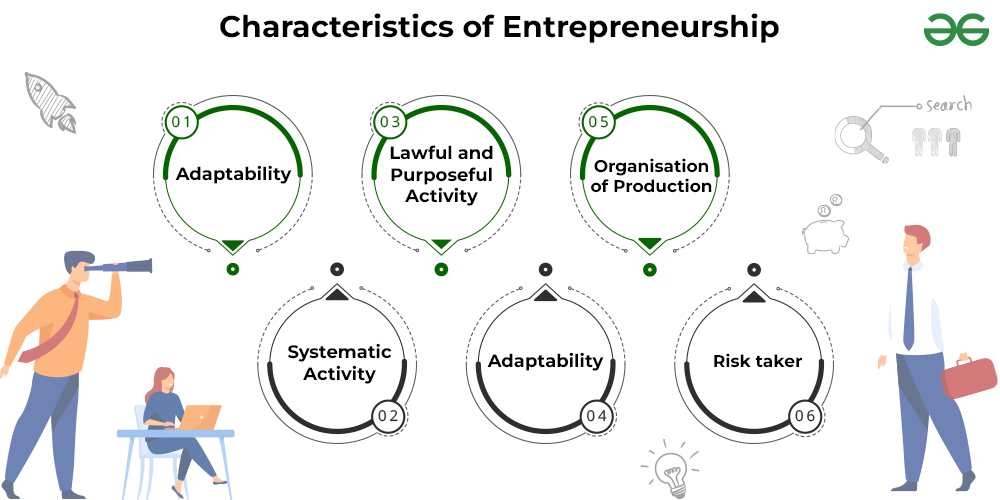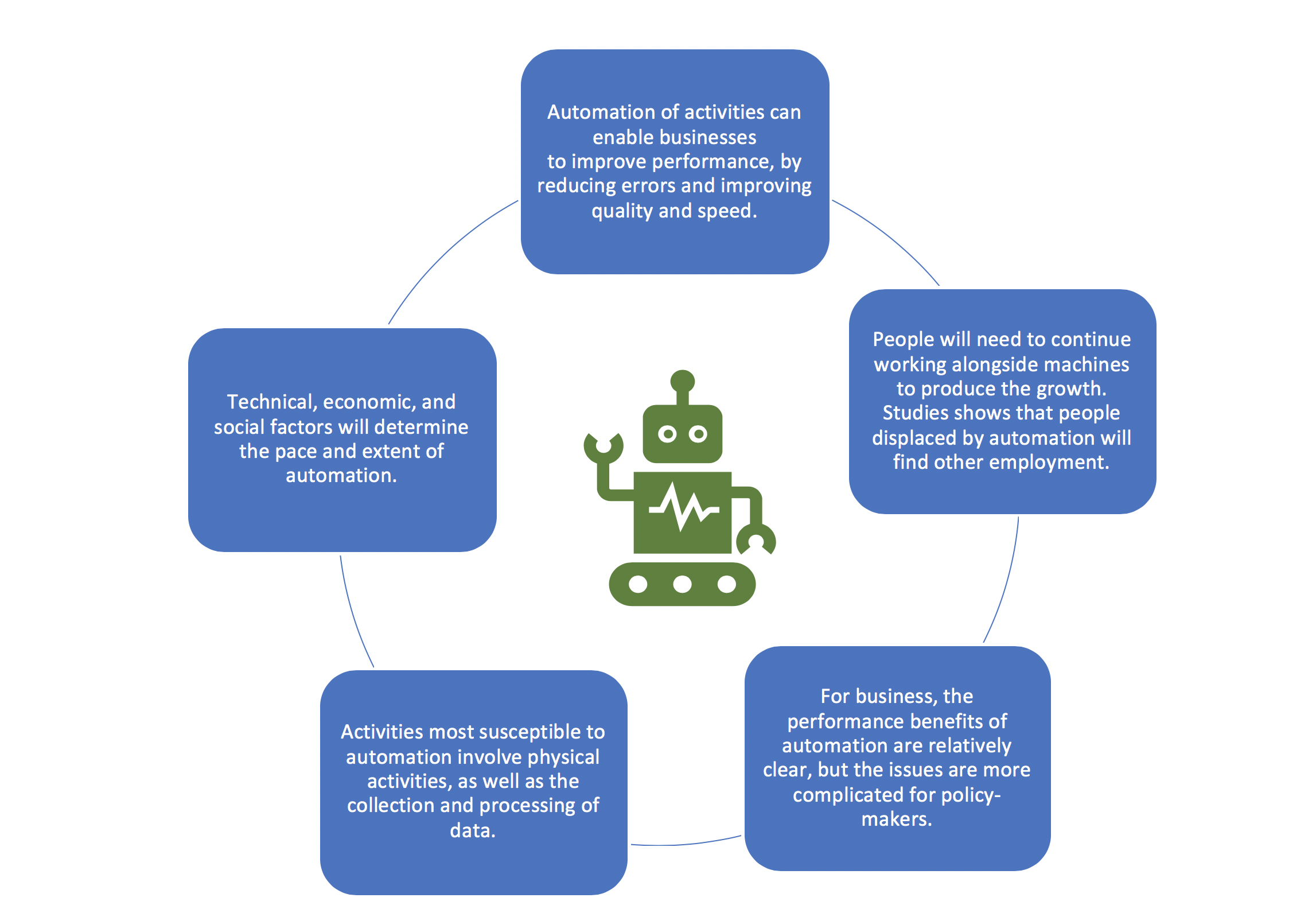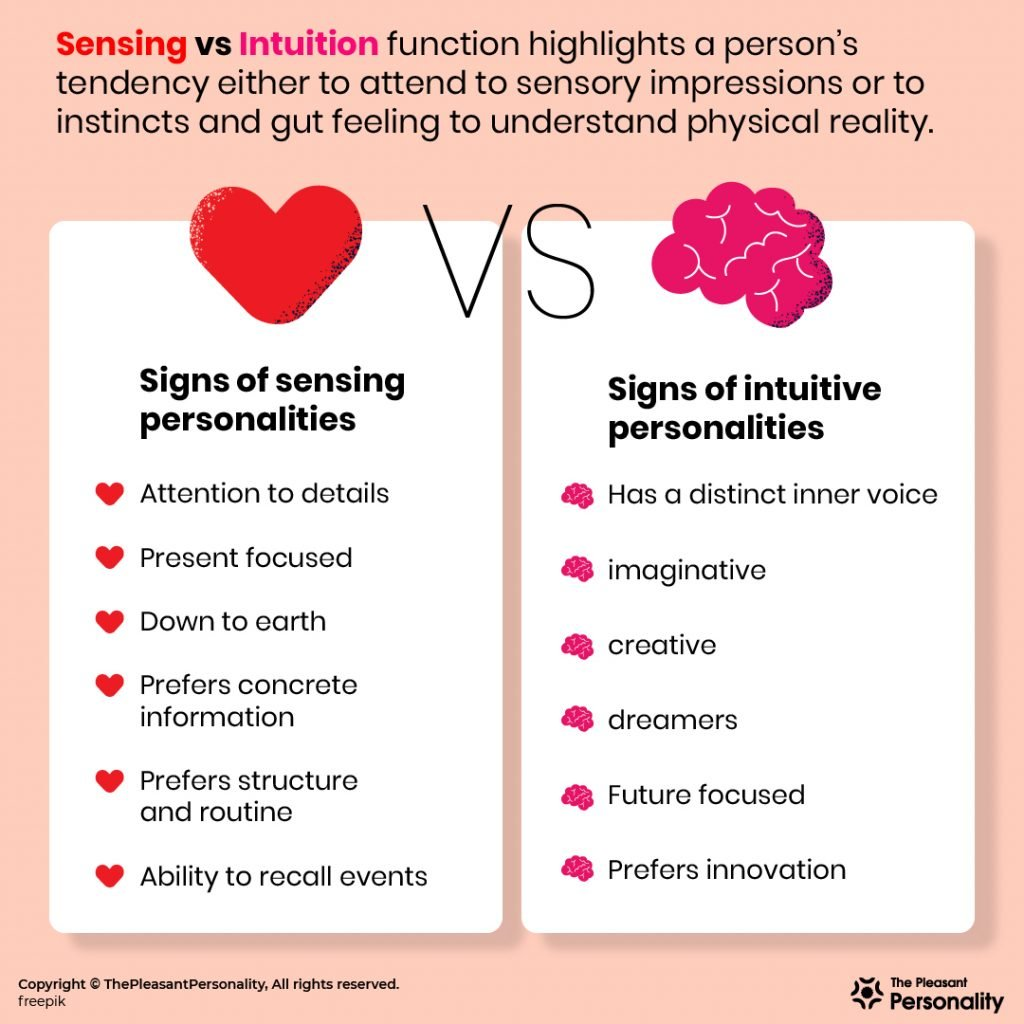Entrepreneurialism is revolutionizing the way we perceive work, pushing individuals to embrace opportunities beyond traditional employment. In an era marked by the rise of American entrepreneurialism, many are opting for freelance work and self-made jobs, seeking fulfillment that often eludes conventional nine-to-five roles. This shift into the future of work challenges the norms of structured employment and highlights the freedom of creating your own job. As more people identify as entrepreneurs—whether they are ride-share drivers or digital influencers—the demand for innovative solutions and personal initiatives skyrockets. Such a cultural pivot can be both exhilarating and exhausting, as the quest for independence becomes intertwined with the pressures of self-sustainability.
The landscape of work is rapidly evolving, giving rise to a culture of self-initiative and innovation that propels individuals toward their own ventures. Terms like self-employment, freelance lifestyles, and autonomous work arrangements encapsulate this trend perfectly, signaling a shift from enduring traditional career paths to crafting unique and flexible roles. The modern workforce increasingly values creativity and personal branding as driving forces behind the emergence of self-made jobs. This transformation reflects a broader societal change where individuals are empowered to define their careers, exploring avenues that align with their passions and skills. Ultimately, this entrepreneurial spirit is reshaping our relationship with work and productivity in profound ways.
The Evolution of American Entrepreneurialism
American entrepreneurialism has undergone a remarkable evolution, especially from the late 19th century to the present day. Initially sparked by the end of the first industrial era, this shift stemmed from the mass layoffs in manufacturing due to technological advancements. As factories modernized and the demand for labor decreased, individuals realized the core need to make their own jobs. According to Erik Baker in “Make Your Own Job,” this wave of entrepreneurial spirit was characterized by a departure from traditional employment structures, pushing Americans to embrace self-created roles rather than depend on conventional job security.
This change wasn’t solely a response to economic downturns but also a cultural transformation. The rise of the New Thought movement ushered in a mentality that emphasized individual ambition and personal transcendence. The idea that one could harness their unique skills to create a livelihood became deeply ingrained in the American dream. By promoting self-made jobs, the narrative evolved to prioritize creativity in freelance work and self-employment, leading to a diverse spectrum of entrepreneurial ventures. Today, as Baker notes, this entrepreneurial mindset continues to thrive amid unprecedented economic disruptions, illustrating a continual embrace of innovation and risk.
Freelance Work and the Gig Economy
The contemporary gig economy represents a significant shift in how we view work, closely linked to the rise of freelance opportunities. Once thought of as side jobs or temporary solutions, freelance work is now seen as a legitimate and often preferred career path for many Americans. With technological advancements simplifying access to work platforms, freelancers can now create their own schedules and choose projects that align with their passions and skills. This new model reflects the spirit of entrepreneurialism, as individuals become their own bosses, navigating their earnings and career paths without traditional constraints.
However, the rise of freelance work does not come without its challenges. The competitive nature of gig platforms leaves many individuals anxious about job security and consistent income. The instability intrinsic to freelance roles demands a new level of adaptability, as workers must often juggle multiple contracts and maintain a wide-ranging skill set. Despite these hurdles, freelance work continues to attract people seeking autonomy over their careers, aligning perfectly with the broader trend of self-created jobs. As Baker highlights, the modern workforce’s embrace of flexibility and entrepreneurship marks a transformative moment in how we conceptualize work in our society.
Entrepreneurial Mindset: Shaping the Future of Work and Self-Made Jobs
The burgeoning trend of self-made jobs signals a pivotal transformation in the labor market, reflecting broader shifts in societal values regarding work and fulfillment. Individuals today increasingly view employment not merely as a means to earn a living but as a vehicle for personal expression and autonomy. This entrepreneurial mindset encourages people to explore varied paths, from launching startups to innovating within established roles. As Erik Baker discusses, this approach empowers workers to take ownership of their careers, promoting a culture where creating one’s own opportunities is not just possible but encouraged.
The future of work undoubtedly hinges on the collective embracing of this entrepreneurial spirit. As automation and AI threaten traditional employment structures, fostering an entrepreneurial mindset offers a robust solution for adapting to these changes. Individuals will need to cultivate a diverse skill set, constantly redefine their value in the labor market, and remain innovative in their approach. By understanding the importance of self-made jobs and the necessity for personal initiative, workers can navigate the evolving landscape of employment with confidence and resilience.
Mental Health and the Burdens of Entrepreneurialism
While American entrepreneurialism celebrates independence and creativity, it also places significant mental health burdens on individuals. The pressure to constantly innovate and succeed can create a relentless cycle of anxiety and stress. As noted by Erik Baker, many people experience feelings akin to those of characters in dystopian narratives, overwhelmed by the expectation to continually generate ideas and maintain productivity. This societal expectation can lead to burnout, highlighting a critical need for balance between ambition and self-care.
Furthermore, the glorification of hustle culture often undermines the reality that failure is a common aspect of entrepreneurship. Individuals may feel isolated in their struggles, believing they must project a façade of success at all times. Consequently, mental health issues are becoming increasingly prevalent among entrepreneurs and freelancers alike. Recognizing the importance of mental well-being as part of the entrepreneurial journey is essential; creating supportive communities and resources can help mitigate the negative impacts of this demanding lifestyle.
The Role of Self-Help Literature in Shaping Entrepreneurial Values
The influence of self-help literature on American entrepreneurialism cannot be overstated. Books like Napoleon Hill’s “Think and Grow Rich” have inspired generations to pursue self-centered ambitions, instilling the belief that anyone can achieve their dreams through determination and specialized knowledge. Such literature has shaped the mindset of countless individuals, encouraging them to see personal entrepreneurship as a viable route to success and fulfillment. This genre thrives on the notion that the path to prosperity lies within one’s own hands, fostering resilience and determination among readers.
Yet, the teachings of self-help gurus can also perpetuate unrealistic expectations. While they encourage goal-setting and self-promotion, they often gloss over the nuanced realities of entrepreneurship, including the challenges and hardships involved. As reflected in Baker’s work, there exists an idealization of the entrepreneurial journey that can lead to disillusionment when individuals encounter setbacks. It’s crucial to balance motivational rhetoric with practical guidance, fostering a more realistic understanding of what it takes to thrive in today’s dynamic work environment.
The Impact of Technological Advancements on Employment
Technological advancements have dramatically reshaped the employment landscape, playing a pivotal role in fostering American entrepreneurialism. As industries rapidly evolve, traditional job roles are becoming obsolete, prompting workers to reinvent themselves continually. The transition from stable, long-term positions to short-term freelance gigs reflects a broader economic transformation where technology empowers individuals to create their own opportunities. Entrepreneurs now harness digital tools to launch businesses, market their services, and connect with customers globally, unrestricted by geographical barriers.
However, this shift also raises concerns about job security and the future of work. As automation and AI systems increasingly take over routine tasks, many fear a reduction in conventional jobs. This transition pushes more individuals toward freelance and self-established roles, compelling them to adapt and learn new skills to remain relevant. Ultimately, while technology presents unique challenges, it simultaneously opens avenues for entrepreneurialism, encouraging the workforce to innovate and thrive in an ever-changing economic environment.
Redefining Work in the Age of Entrepreneurship
In the contemporary landscape, work is being redefined through the lens of entrepreneurship, where traditional boundaries are increasingly blurred. The notion of what constitutes a job is evolving, allowing for more fluidity in roles and responsibilities. Today’s workers are expected to be proactive and versatile, often juggling multiple projects simultaneously. This dynamic environment fosters an entrepreneurial spirit where individuals can make their own job descriptions, leveraging their skills and passions to create fruitful careers.
However, this redefinition also comes with increased pressure and competition. As more people venture into entrepreneurship, the marketplace becomes saturated, necessitating a distinct personal brand to stand out. Individuals must continuously adapt and innovate to succeed, highlighting the need for ongoing education and skill development. By embracing this new definition of work, individuals can cultivate resilience and creativity, ultimately transforming challenges into opportunities for growth and success.
Women and Entrepreneurship: A Growing Influence
The rise of American entrepreneurialism has significantly impacted women’s roles in the workforce, with many breaking traditional barriers to forge successful self-made paths. As Erik Baker highlights, the entrepreneurial ethos has empowered women, particularly those over 40, to seize control of their careers and pursue opportunities that were previously inaccessible. This shift allows women to defy stereotypes and cultivate businesses rooted in their passions and skills, reflecting a growing recognition of diversity in entrepreneurial success stories.
Empowerment through entrepreneurship extends beyond just individual success; it fosters a community of support among women entrepreneurs. Organizations and initiatives aimed at boosting female-led startups have gained momentum, providing resources, mentorship, and networking opportunities. This collective spirit challenges the conventional narrative surrounding women in the workplace, promoting an entrepreneurial culture that embraces collaboration and shared growth. As more women navigate the landscape of self-made jobs, their influence is reshaping the future of work, paving the way for the next generation of entrepreneurs.
Understanding the Long-Term Trends in Job Creation
Analyzing long-term trends in job creation reveals a stark correlation with the rise of entrepreneurialism in America. Traditionally, the majority of job growth was associated with large corporations and industrial sectors. However, as we moved into the late 20th century, small businesses and self-made jobs began to dominate the conversation surrounding employment. The shifting dynamics can be traced back to economic downturns that prompted individuals to innovate and create jobs for themselves rather than relying on a shrinking corporate landscape.
This paradigm shift calls for a reevaluation of how we perceive job creation in the modern economy. Entrepreneurs today are not merely filling gaps left by larger employers; they are driving innovation, creating diverse employment opportunities, and invigorating local economies. Recognizing the role of entrepreneurialism in job creation is essential as we navigate future economic challenges. Encouraging innovation and supporting small business ventures will continue to be integral to fostering a resilient job market that reflects the needs of a rapidly changing society.
Frequently Asked Questions
What is entrepreneurialism and how has it impacted American work culture?
Entrepreneurialism refers to the mindset and actions of individuals who create and manage self-made jobs or businesses, often in innovative and risk-taking ways. In American culture, it has transformed the traditional employment landscape by promoting freelance work and self-employment as viable alternatives to conventional careers. This shift emphasizes individual skill and ambition, encouraging people to take charge of their professional paths in the face of changing economic conditions.
How does American entrepreneurialism relate to freelance work trends?
American entrepreneurialism has significantly driven the rise of freelance work, as individuals seek autonomy and flexibility in their careers. With the growth of the gig economy, many Americans are discovering opportunities to make their own jobs by leveraging digital platforms, which enables them to monetize their skills and passions. This evolution reflects a broader trend where traditional employment is replaced by self-made jobs that align with personal preferences.
What does the future of work look like in the context of entrepreneurialism?
The future of work is evolving towards a model heavily influenced by entrepreneurialism, where self-made jobs dominate the professional landscape. As more people engage in freelance work and shift towards gig opportunities, the labor market will likely prioritize adaptable skills and personal branding. This trend is opening new avenues for innovation and self-employment while challenging the conventional notions of job security and permanence.
What role do self-made jobs play in the American entrepreneurial landscape?
Self-made jobs are central to the American entrepreneurial landscape, allowing individuals to carve their own niches based on their skills and interests. This approach not only fosters innovation and creativity but also reflects a cultural shift towards valuing personal fulfillment over traditional job stability. As more Americans embrace self-made roles, it contributes to a diverse and dynamic workforce that thrives on flexibility and independence.
Why is entrepreneurialism considered essential for navigating changes in the job market?
Entrepreneurialism is essential for navigating changes in the job market because it empowers individuals to adapt to economic shifts and technological advancements. As job roles evolve and traditional employment opportunities decline, embracing an entrepreneurial mindset allows people to create self-made jobs and pursue freelance opportunities. This proactive approach fosters resilience and ingenuity, essential traits for success in a rapidly changing economic landscape.
| Aspect | Details |
|---|---|
| Definition | Entrepreneurialism is a mindset that transcends traditional job roles, encompassing a broad range of individuals from business founders to freelance workers. |
| Historical Context | Emerged in the late 1800s as a response to technological unemployment, leading to a shift from industrious work ethic to one centered on personal ambition and self-made jobs. |
| Influence of Self-Help Literature | Self-help writers like Napoleon Hill encouraged individuals to turn work into a calling, emphasizing creativity, specialized knowledge, and self-promotion. |
| Economic Influence | Entrepreneurialism growth typically coincides with economic stress, such as the Great Depression, pushing individuals toward freelance and entrepreneurial ventures. |
| Cultural Significance | The notion of entrepreneurialism has permeated various fields and demographics, allowing diverse individuals to identify as entrepreneurs. |
| Contemporary Challenges | While entrepreneurialism is celebrated, it can lead to stress and anxiety as individuals feel constant pressure to innovate and succeed. |
Summary
Entrepreneurialism plays a pivotal role in shaping modern work-life dynamics, fostering a culture where individuals are encouraged to forge their own paths. This trend has emerged as a response to the changing economic landscape, with many people embracing the idea of self-made jobs and personal brands. While the pursuit of entrepreneurialism brings opportunities for innovation and fulfillment, it also introduces a level of stress and uncertainty that can impact well-being. As more individuals define success on their own terms, the balance between ambition and relaxation becomes increasingly crucial.



